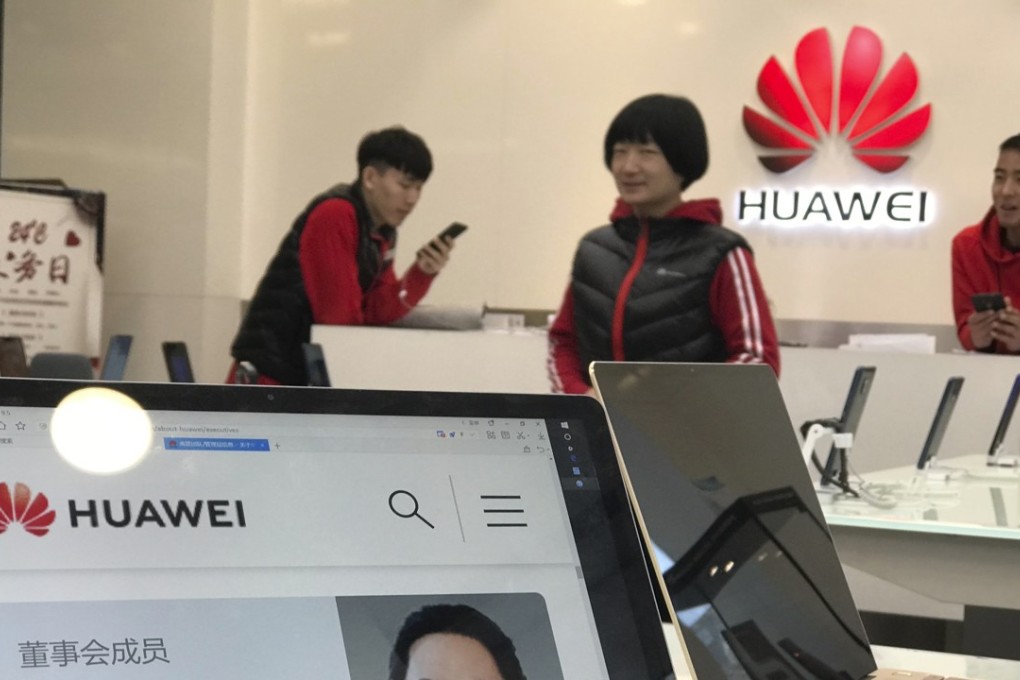Cisco warns US staff against China travel as fears grow of retaliation for Huawei arrest
- Tech giant insists warning was ‘sent in error’ as Beijing seeks to reassure US executives they will not be targeted after Sabrina Meng’s arrest in Canada
- But previous cases of detained executives will be fresh in the minds of the business community, observer says

US technology giant Cisco has sent an email to staff asking them to cut non-essential travel to China as Beijing sought to address fears that US executives would be targeted in retaliation for the arrest of Huawei’s chief financial officer Sabrina Meng Wanzhou.
Some US-based Cisco employees said on Friday that they had received an email asking them to cut non-essential travel to China, saying the restriction will take effect immediately.
The company admitted that the email existed, but insisted that it was “sent in error to some employees”.
“Normal business travel to China continues,” Polly Yu, Cisco’s spokeswoman for Hong Kong and Taiwan, said and added that it did not reflect Cisco policy.
Anxiety is growing that US executives may be targeted by China in retaliation for the “aggressive” US action, fuelled by analysts warning of a possible China response.